Professor Nguyen Tien Dung is one of the few Vietnamese professors who became famous quite early in the field of theoretical mathematics, but has now left the academic environment to switch to 'starting a business' in artificial intelligence (AI).
"Garage Startup"
On September 6, 2019, a social media site reported that the Torus Actions team (also known as Torus AI) won the 2019 ISIC International Award (The International Skin Imaging Collaboration) for AI in diagnosing skin cancer through images. Torus Actions won second place, with a small cash prize (2,000 USD) and an invitation to present at the 2019 MICCAI International Conference on AI in Healthcare held in Shenzhen, China a month later.
The ISIC 2019 award is small but meaningful, because Torus AI's competitors are medical AI research groups from universities, research institutes and large companies such as IBM, Tencent (a very large Chinese AI company with a capitalization of about 500 billion USD), Beijing Institute of Technology, Hamburg University, Ben Gurion University..., while the Torus Actions group is just "learning the trade" and has almost no concept of dermatological diseases.
Thanks to this award, in 2020 Torus was invited to participate in an ERC (European Research Council) project called ITOBOS on skin cancer diagnosis, with a grant of over 600,000 euros for Torus, a huge amount for the company at that time. The award encouraged Torus to focus its research on dermatology, leading to the establishment of the US-based dermatology company BelleTorus in 2021, with a product that helps diagnose all types of skin diseases, from the most common to the rarest.
Torus Actions, commonly known as Torus or Torus AI, is an artificial intelligence company founded by Professor Nguyen Tien Dung with some friends and former students in Toulouse (France) on International Women's Day, March 8, 2019. The first president of the company was writer Le Ngoc Mai, wife of Professor Nguyen Tien Dung. The first "sponsor" for Torus was FPT Corporation, because FPT's seniors such as Truong Gia Binh and Nguyen Thanh Nam were "fellow students" of Professor Nguyen Tien Dung.
Scientists at Torus AI call their company a "garage startup" because of the simplicity of the company in its early days. "When it was first established, Torus lacked everything, and had to "hiddenly borrow" an office at the University of Toulouse, France as its headquarters. It took several months before we dared to hire our first employee. However, from the beginning, Torus had two strengths that few other places had: boundless enthusiasm, a passionate work ethic to create good things for society, and secondly, a solid foundation in mathematics and algorithms to be able to find optimal solutions to problems, no matter how new," said Professor Nguyen Tien Dung.
Take off the "academic professor" shirt to become a " practical professor "
Professor Nguyen Tien Dung is an interesting figure to the domestic press. He was born in late 1970, started school a year early, and participated in the International Mathematical Olympiad (IMO) in the summer of 1985 when he was an 11th grader. To this day, he still holds the record for the youngest Vietnamese student to win an IMO gold medal. He was then sent by the government to Russia (former Soviet Union) to study mathematics.
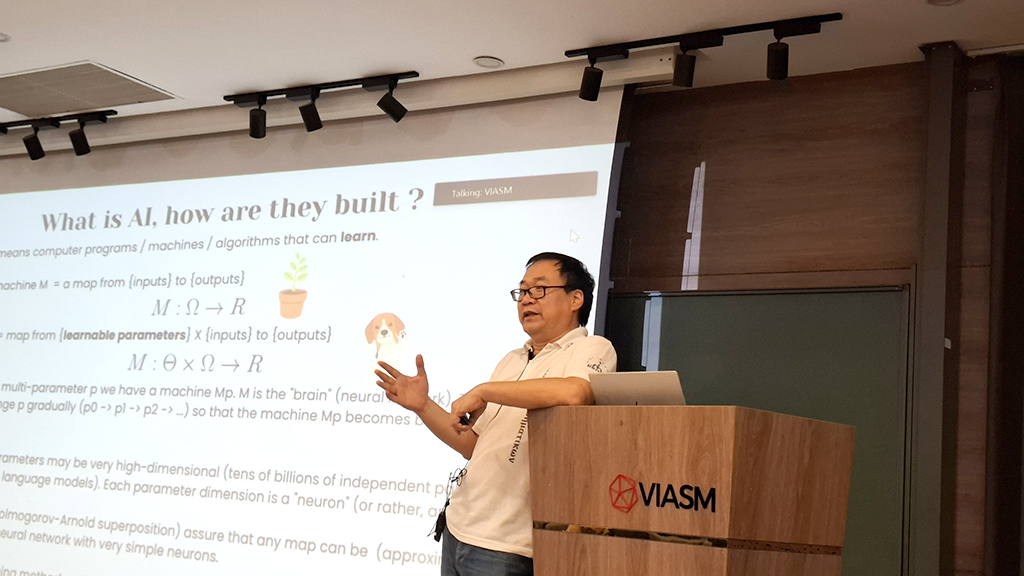
Professor Nguyen Tien Dung gave a public lecture “How AI becomes a mathematician” at the Institute for Advanced Study in Mathematics (Vietnam) in August 2024.
Self-proclaimed as the "black sheep of the math community", doing math because of "karma", because of the random pushes of life rather than necessarily a dream, but Professor Nguyen Tien Dung soon established himself in the international math community. In 2002, when he was only 32 years old, he was appointed professor at the University of Toulouse, France. 5 years later, when he was only 37 years old, he was awarded the title of first-class professor by the French National University Commission (CNU). 8 years later, he was awarded the title of special professor. Each of his achievements was a "phenomenon" for the Vietnamese people at that time, so they were all reported by the press.
About 10-15 years ago, he often appeared in newspapers as a social critic, especially criticizing science and education policies. In 2015, he appeared as the founder of Sputnik Education Company, a company specializing in educational books and books for children. He directly translated and wrote many math books for children... In general, he is a passionate, enthusiastic, energetic, vital scientist who loves life and math...
Then suddenly people saw him "disappear" on social networks and the media. It turned out that he left Toulouse University, left the academic environment, and hid in a 27 m2 room to... start a business (in fact, two months after its establishment, Torus AI Company had its first headquarters). In the past few years, he has begun to reappear at some conferences or public lectures in the country, in the role of a "practical professor" of startups in the field of AI.
"Torus" ecosystem
The story of the "27 m2 room" has become a memory. In January 2020, "Torus AI startup garage" took a new step, being accepted into the startup area of Toulouse city with a 100 m2 office. By 2021, Torus rented two more rooms in that startup area, increasing the total area to 270 m2 , enough space for 20 Math-AI people to work. By February 2022, Torus AI bought a 600 m2 building as its headquarters, with a kitchen and gym inside. The Toulouse headquarters currently has more than 30 employees, from 10 different countries in Europe, Asia, Africa, and America.
When the discussion of establishing the company began (2018), the "Torus project team" was using a 7GB GPU to sluggishly run deep learning. After founding the company in 2019, Torus Actions upgraded and purchased a series of computers running deep learning with GPUs with 24GB of memory, better than the machines at the Toulouse Institute for Informatics Research (a French state), to the point that researchers there had to use Torus machines to run deep learning. Since 2020, Torus has tightened its belt to invest in new machines with GPUs with 48GB of memory, double the previous year, and three times more expensive, in order to create world-leading AI products. The original 7GB GPU has now been "retired", only used to watch YouTube.
Torus AI operates as a research and development center and an incubator for AI solutions. The first major success was the AI solution for dermatology, with the birth of BelleTorus Company in the US. BelleTorus has many customers and partners such as large pharmaceutical companies, hospital chains, government organizations and NGOs around the world, including WHO (World Health Organization) and NIH (US National Institutes of Health). Recently, ARPA-H (US Advanced Research Projects Agency in Health) awarded BelleTorus a $3.5 million contract to expand access to pediatric healthcare with artificial intelligence.
In addition to dermatology, Torus also develops other AI areas, such as medical (beyond dermatology), signal processing, and more recently, generative AI. Torus' signal processing area has a contract with the National Space Commission (CNES), and has been included in the French government's "France 2030" key program for investing in future technology. In addition to BelleTorus, Torus also co-founded with partners other companies in France and around the world, especially in Vietnam, to create a "Torus ecosystem" of startups with different functions and expertise, helping each other develop.
Professor Nguyen Tien Dung is "known" in the contemporary international mathematics community by the torus conservation law, "everything conserved by a dynamical system is also conserved by its related torus actions". Therefore, he named his company Torus, meaning torus, with the expectation of making a lifelong career, not financially, but with the aspiration of carrying the mission of creating intellectual solutions for the happiness of millions of people on earth.
If you want AI to "make money" , you have to do it.
As one of the few Vietnamese professors who became famous in the field of theoretical mathematics and switched to "starting a business" in AI, every time he returns to Vietnam, Professor Nguyen Tien Dung is invited by many domestic research institutions to talk about AI. "If you want to do real AI, you have to practice. I have colleagues in the field of mathematics who talk endlessly about AI theory but when it comes to practice, they are "dead", and thus cannot "make money". Practice is very different from theory", Professor Nguyen Tien Dung shared.
According to Professor Nguyen Tien Dung, the best way to practice is to participate in specific topics. At first it is easy, then it gets harder. First, imitate a lot, then find a way to understand thoroughly and be creative. There are many topics to practice, just look up the internet and you will find all kinds of instructions and sharing of AI application practices. Practicing alone is slow progress. Working in groups, especially if there is someone who knows how to show you the steps, is faster. After you have practiced enough and mastered the tools, AI problems eventually become... mathematical problems. That is when AI workers really need mathematical ideas, not just general mathematics, but modern mathematics (advanced mathematics). Therefore, people who are really good at mathematics today, switching to AI is "valuable". Of course, on the condition that they have an open mind, must be willing to learn new things, must have a real application mindset, not just "empty theory".
Professor Nguyen Tien Dung believes that Vietnam has many opportunities to invest and develop AI in education, healthcare, cybersecurity, governance, etc. Human resources are the most important factor in investing and developing AI. Vietnamese people are very smart, and the intellectual potential of Vietnamese people is not inferior to other countries. Vietnam's current strength is that it has a team of young AI researchers who are well-trained at home and abroad, and labor costs in Vietnam are still cheap compared to the world. "The challenge that Vietnam faces when developing the AI industry is that the data and computing infrastructure is still in its infancy, and although there is a lot of data, it is scattered, mainly in raw, unprocessed and unstandardized form. Besides, there are many risks in investing and developing AI. We should realize what we are lacking and find ways to fill those gaps to avoid risks. In addition, we need to gather a network of people working on AI to fill in what we are lacking. The wider the network we establish, the more opportunities we have to develop the AI industry," Professor Nguyen Tien Dung shared.
Source: https://thanhnien.vn/giao-su-han-lam-mo-cong-ty-khoi-nghiep-trong-garage-185250106160013191.htm


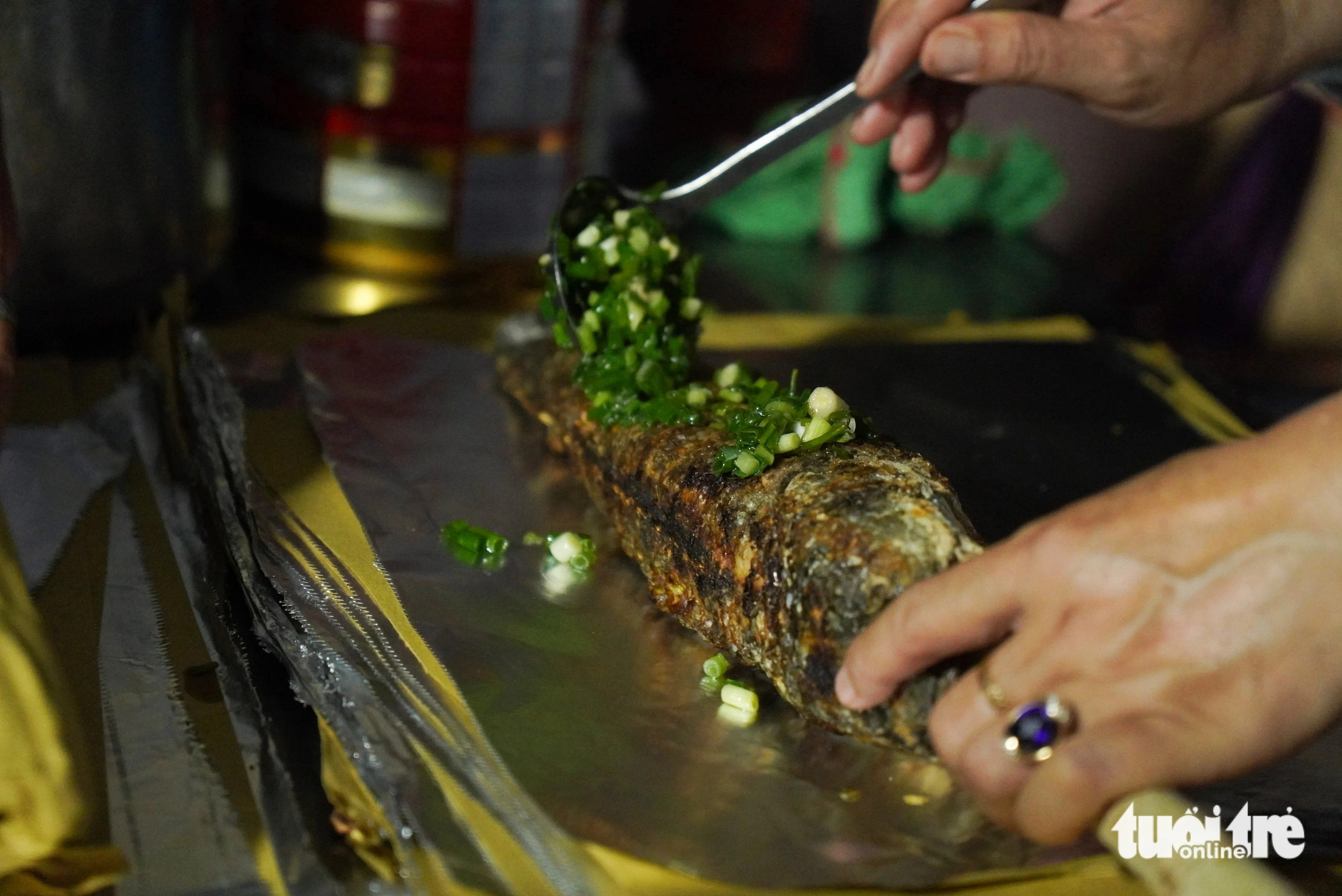



























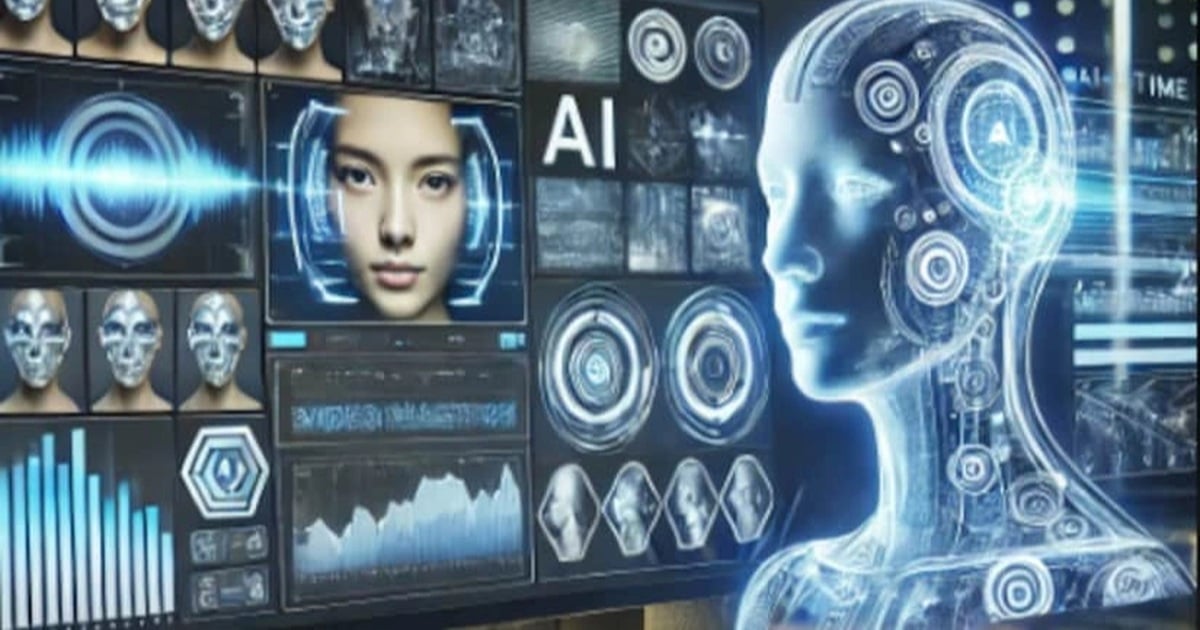

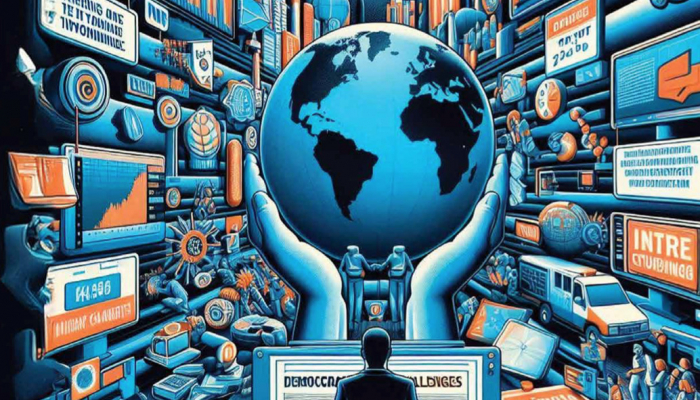

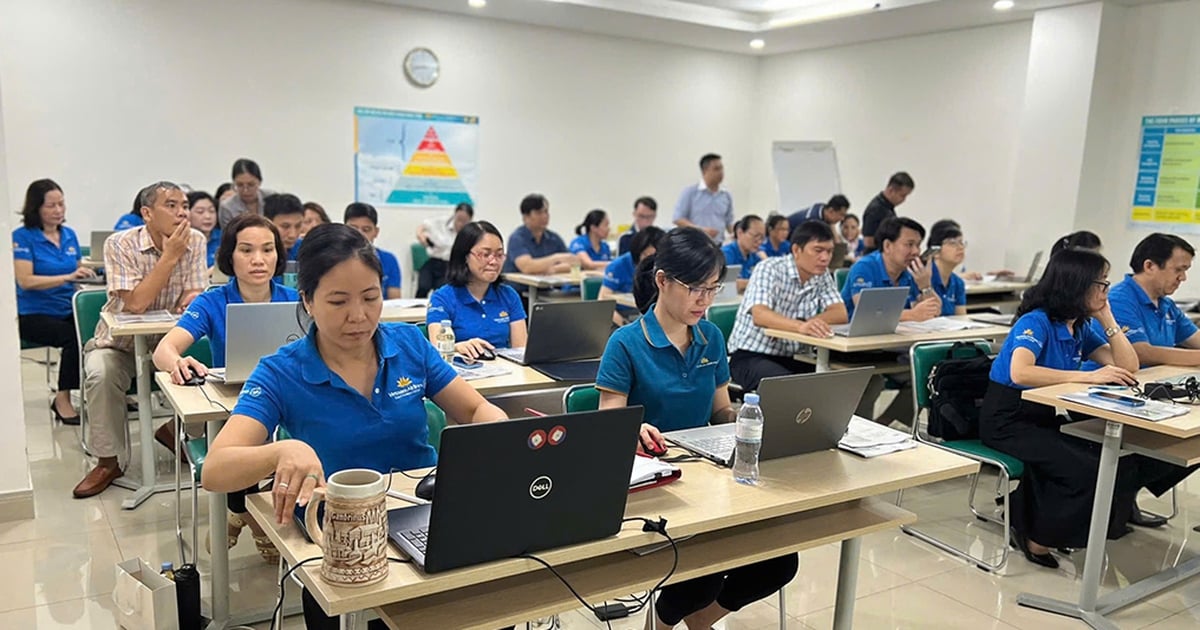
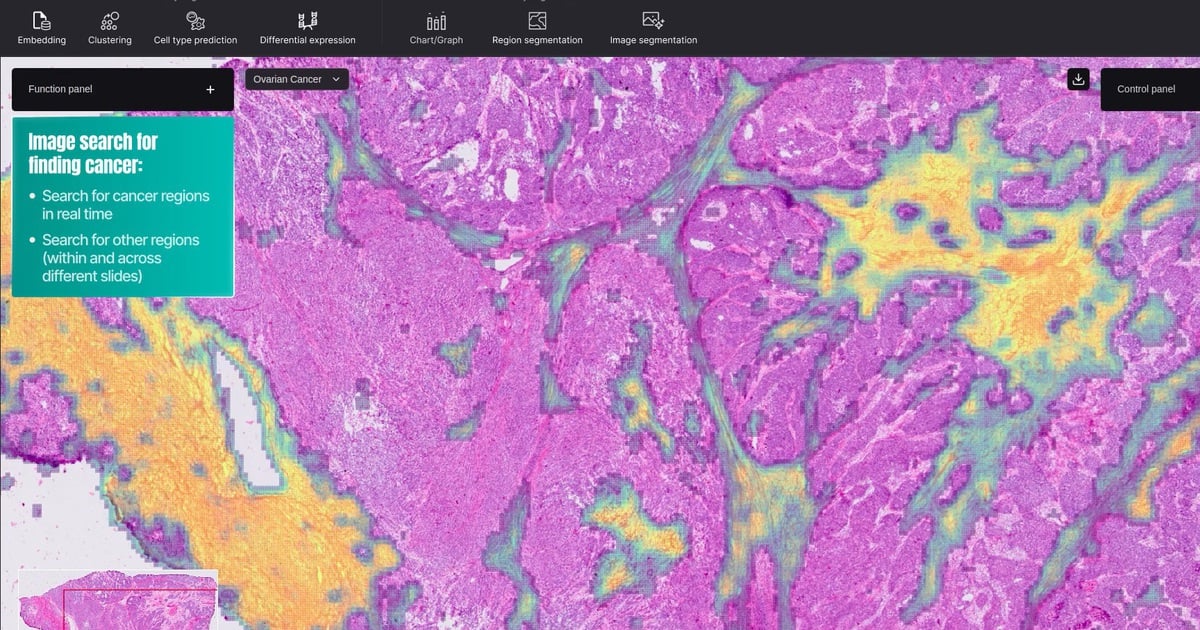
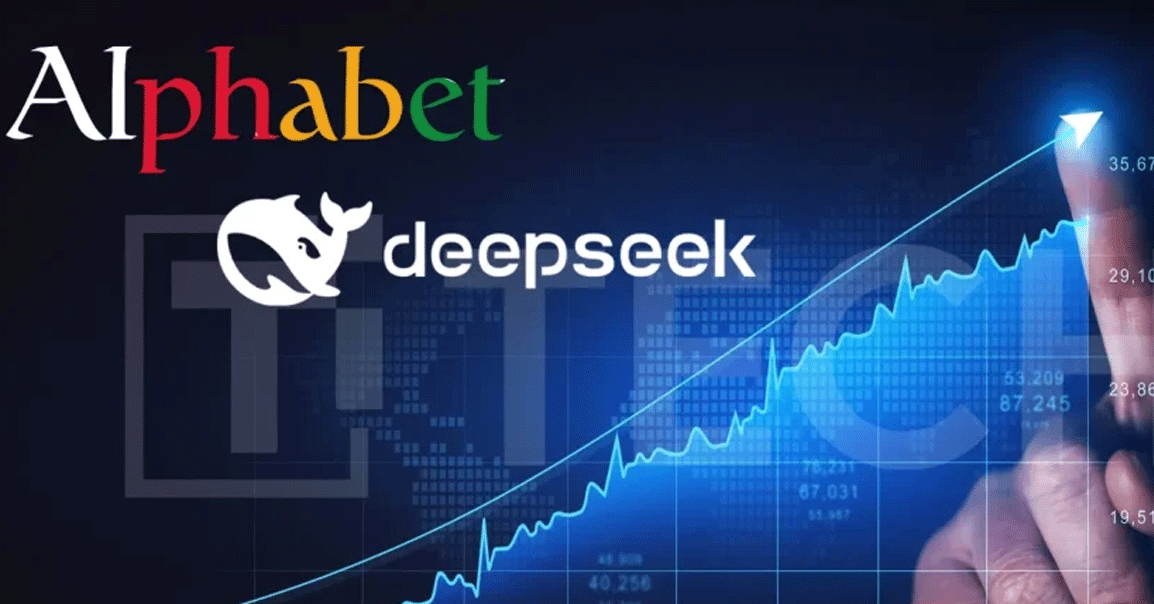

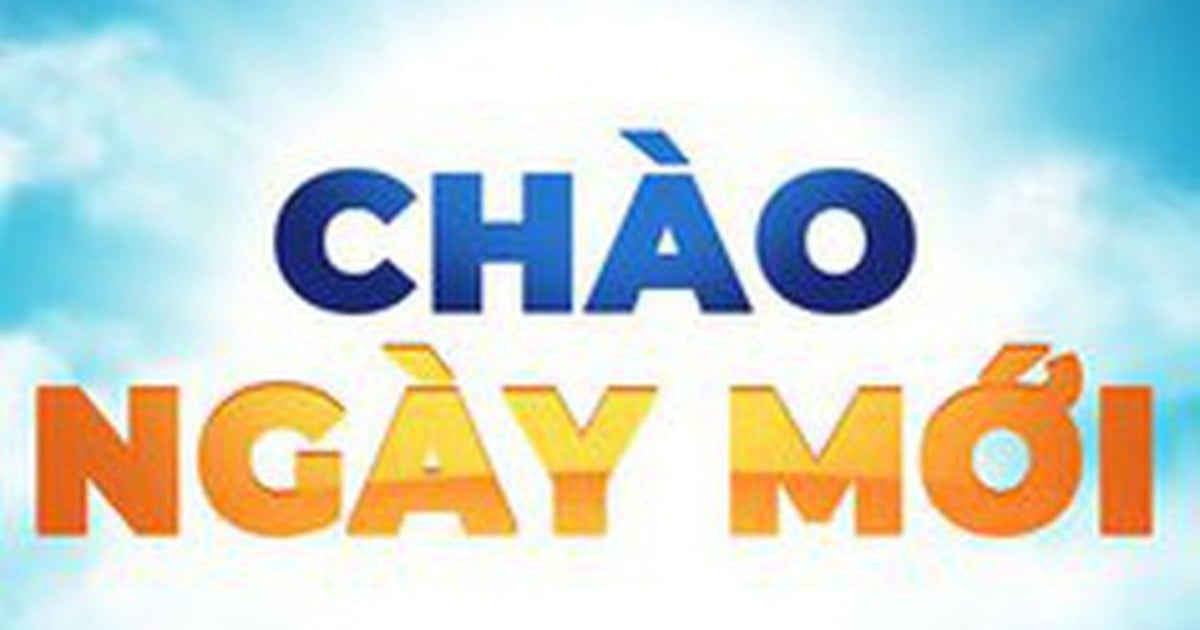
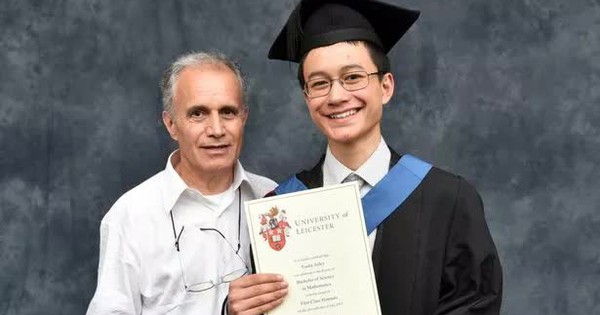

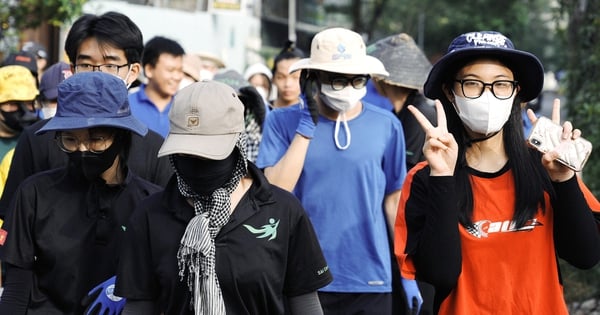

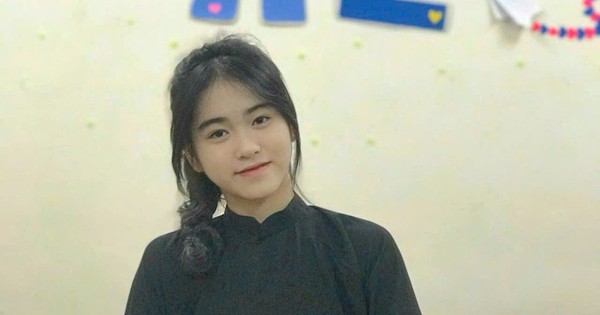
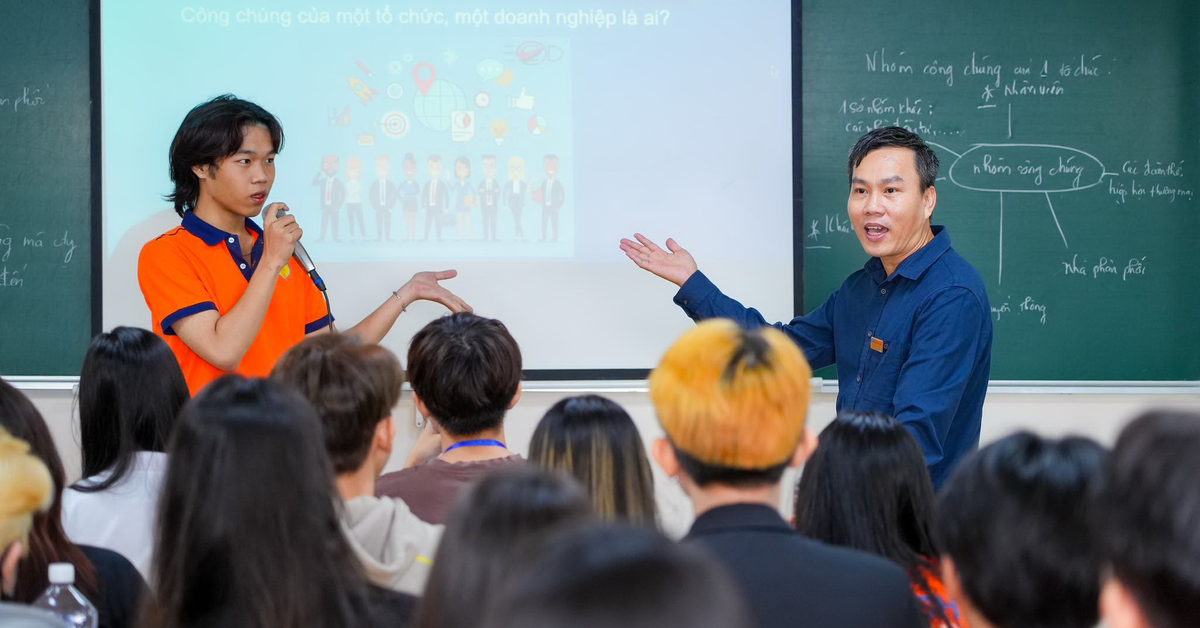

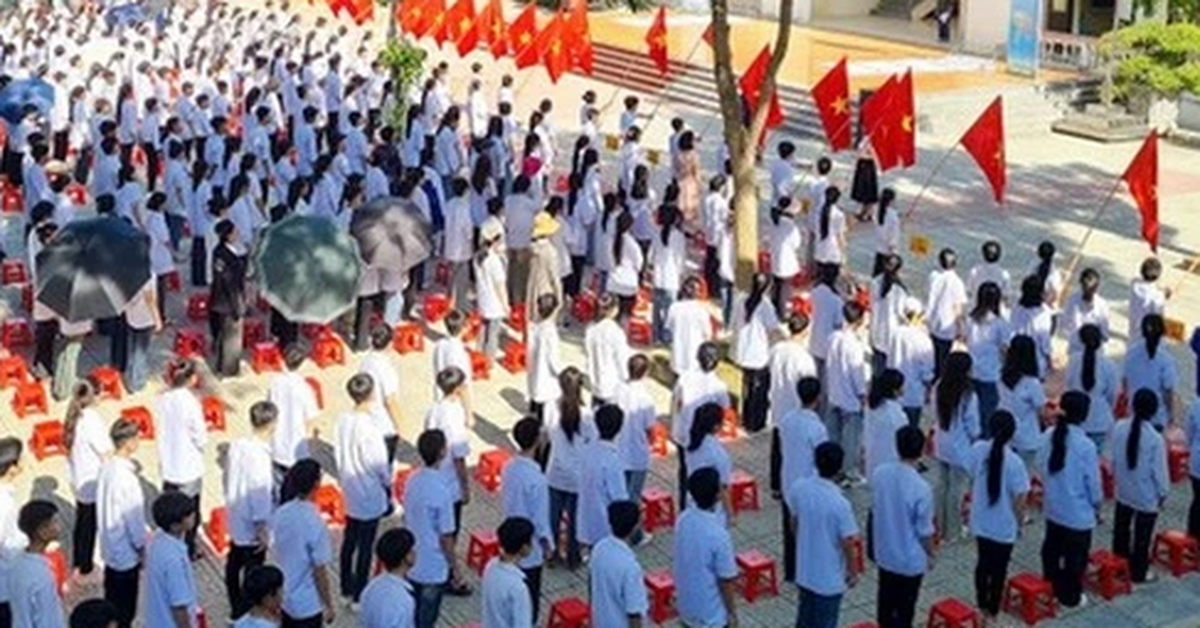
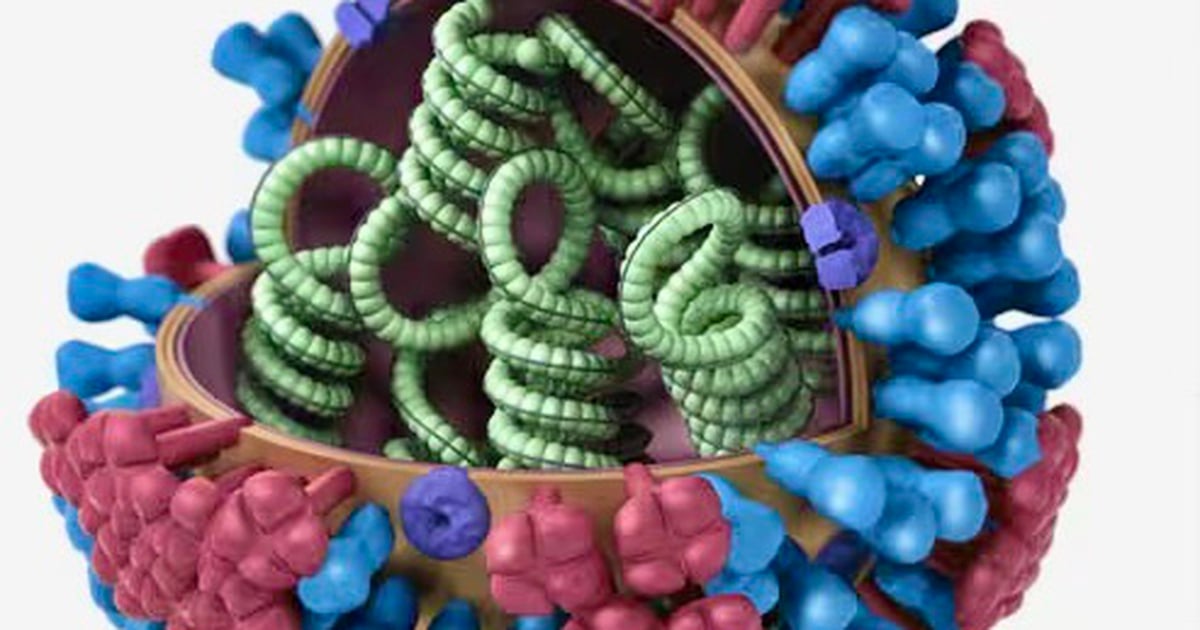


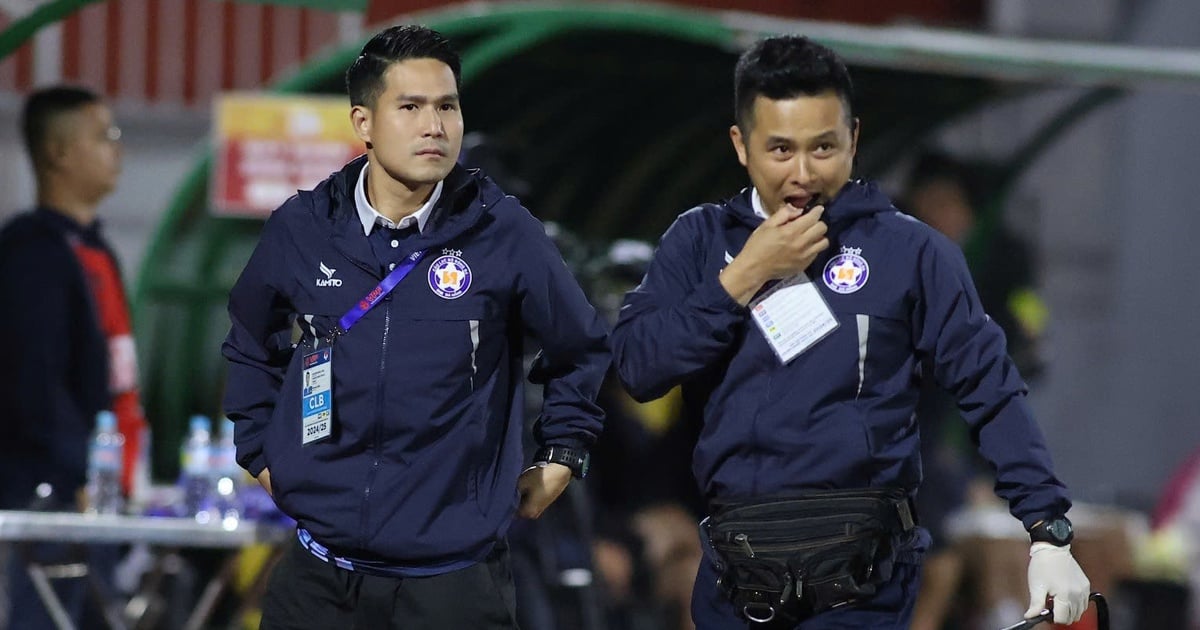



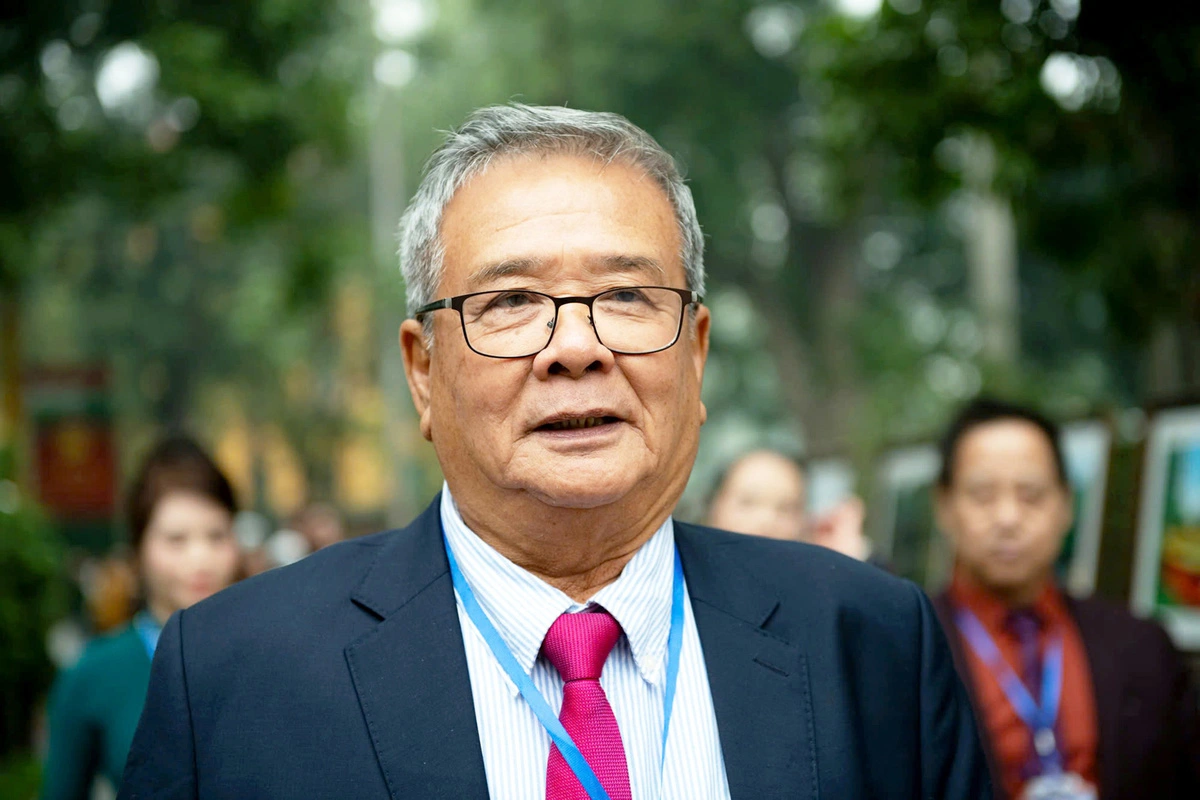
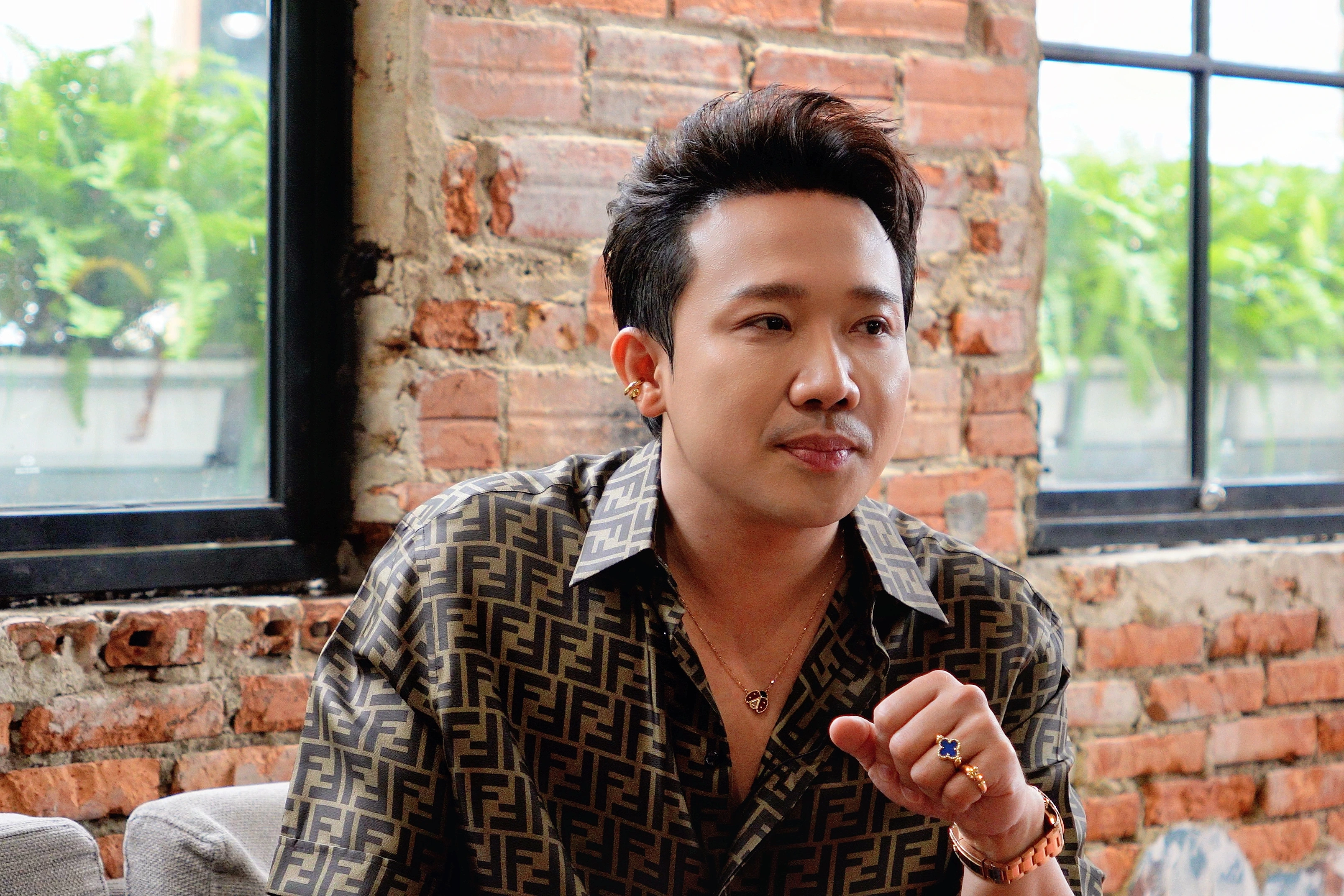

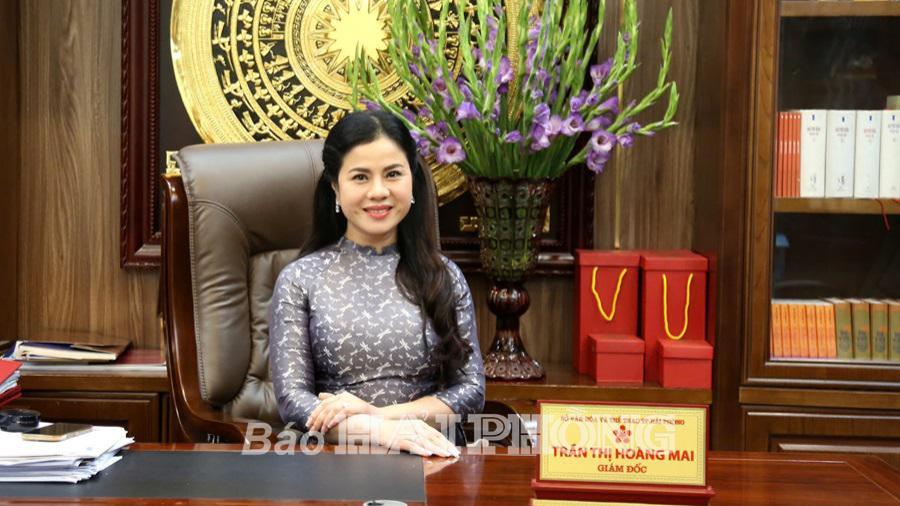

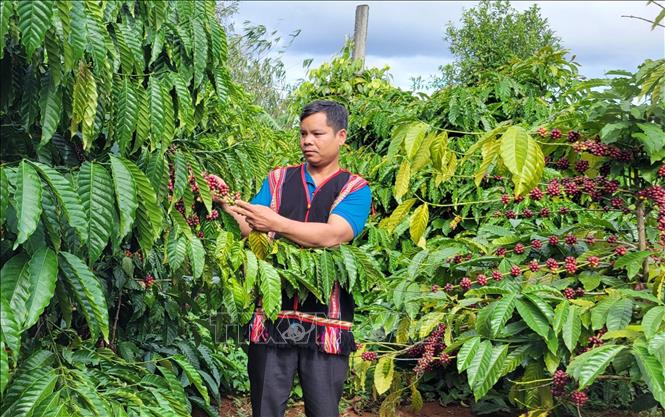





Comment (0)